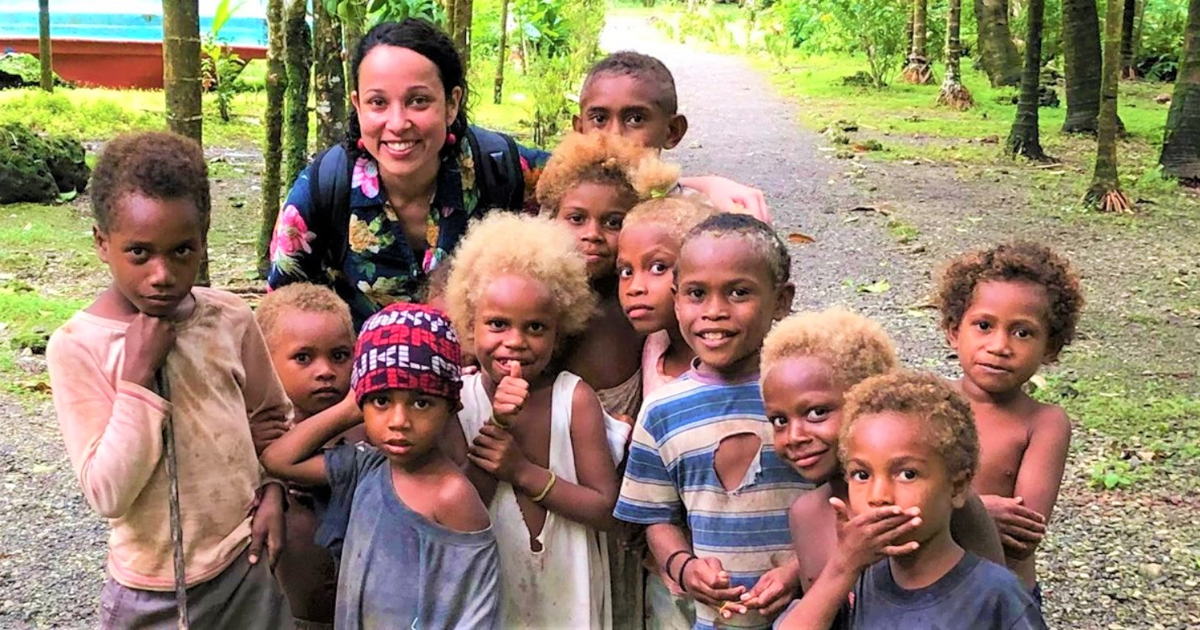The inspiring backstory behind Dr Marianne Gale
Dr Marianne Gale has become a familiar face on television screens during the COVID-19 pandemic. Marianne who normally leads the SESLHD Population and Community Health Directorate has been seconded to the NSW Ministry of Health, working as the Deputy Chief Health Officer alongside Dr Kerry Chant.
Marianne has 16 years' experience in a range of areas including communicable diseases, health equity and chronic disease prevention. She spent five years as a Field Doctor with Medecins Sans Frontieres treating refugees from Myanmar on the Thai Border, then going on to help in West and Sub-Saharan Africa, the Caucasus, South America and the Asia Pacific.
"The time I spent in Niger, West Africa in 2008 was particularly challenging for me. The program I worked in was a large operation treating children with malnutrition. Mothers would walk long distances to bring their young children for treatment, often extremely sick by the time they arrived with severe malnutrition, malaria and other complications. Sometimes these young children didn't survive. It was a very confronting time both personally and professionally," Dr Gale said.
"What carried me through those difficult times was the friendship, support and guidance from local Nigerien colleagues. Almost every evening we would meet to share a meal and debrief from the day. They would help me improve my French and in turn I would help them learn English. It was a humbling experience to feel so out of your depth, but it was a reminder to me of the value, in the most trying of circumstances, of coming together as a team and supporting each other."
Marianne is just one of the experienced doctors working on the current COVID-19 outbreak.
"I want to assure the community that we will continue to do our absolute best to minimise the impact this global pandemic has on the people of NSW. To be successful, this has to be a joint effort and I ask each person reading this to please play their essential part by listening to the advice we provide, following it and advising all their family and friends to do the same," Dr Gale said.
"From a young age, I was always curious about the human body. I remember when I was about five years old, I would sit myself next to my Uncle who was studying for his final exams to be an Anaesthetist and would insist he teach me. Despite the stress he must have been under at the time, he patiently and kindly taught me what I called the 'itis' that is, the terms given to inflammation of parts of the body such as meningitis, gingivitis, conjunctivitis, dermatitis and so on. My curiosity about medicine continued from there."
